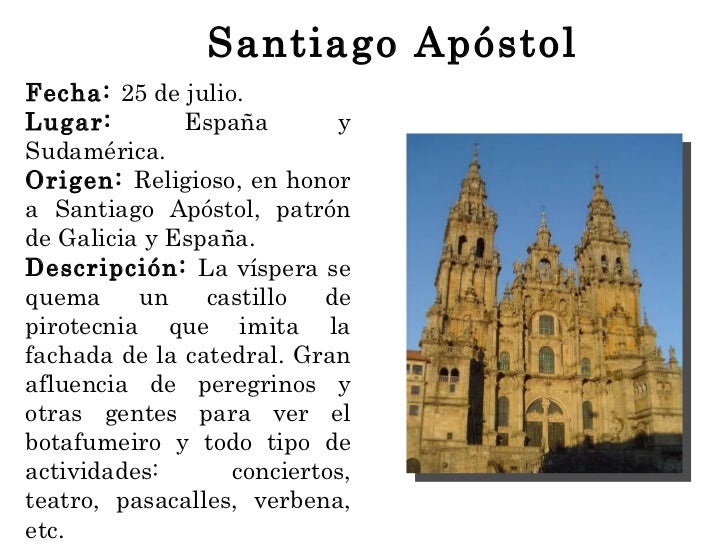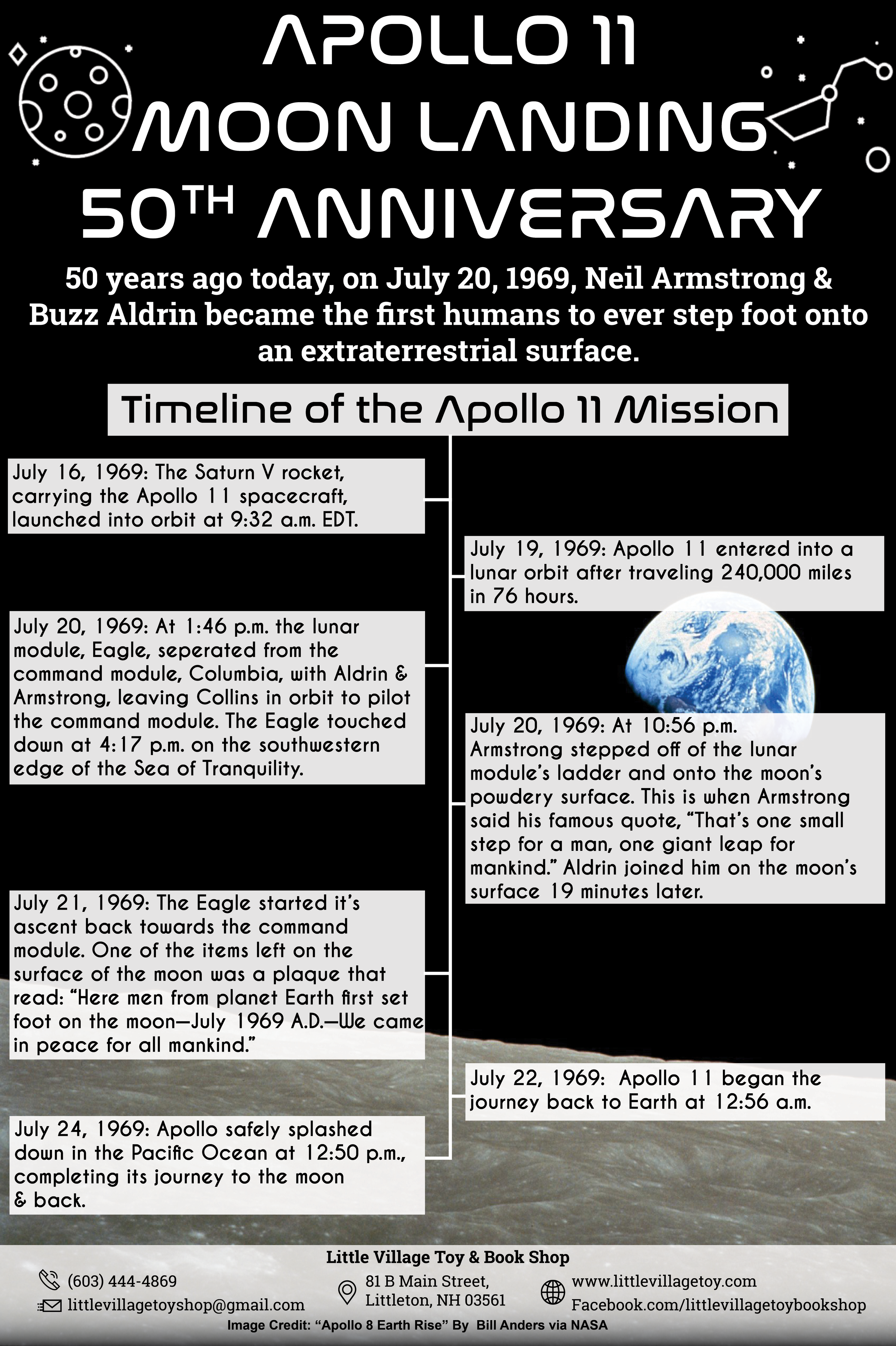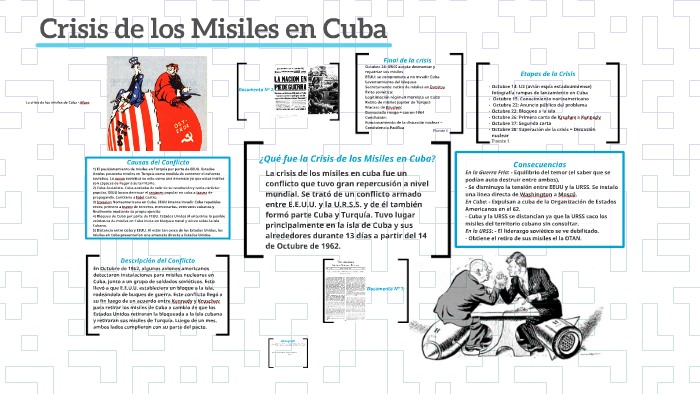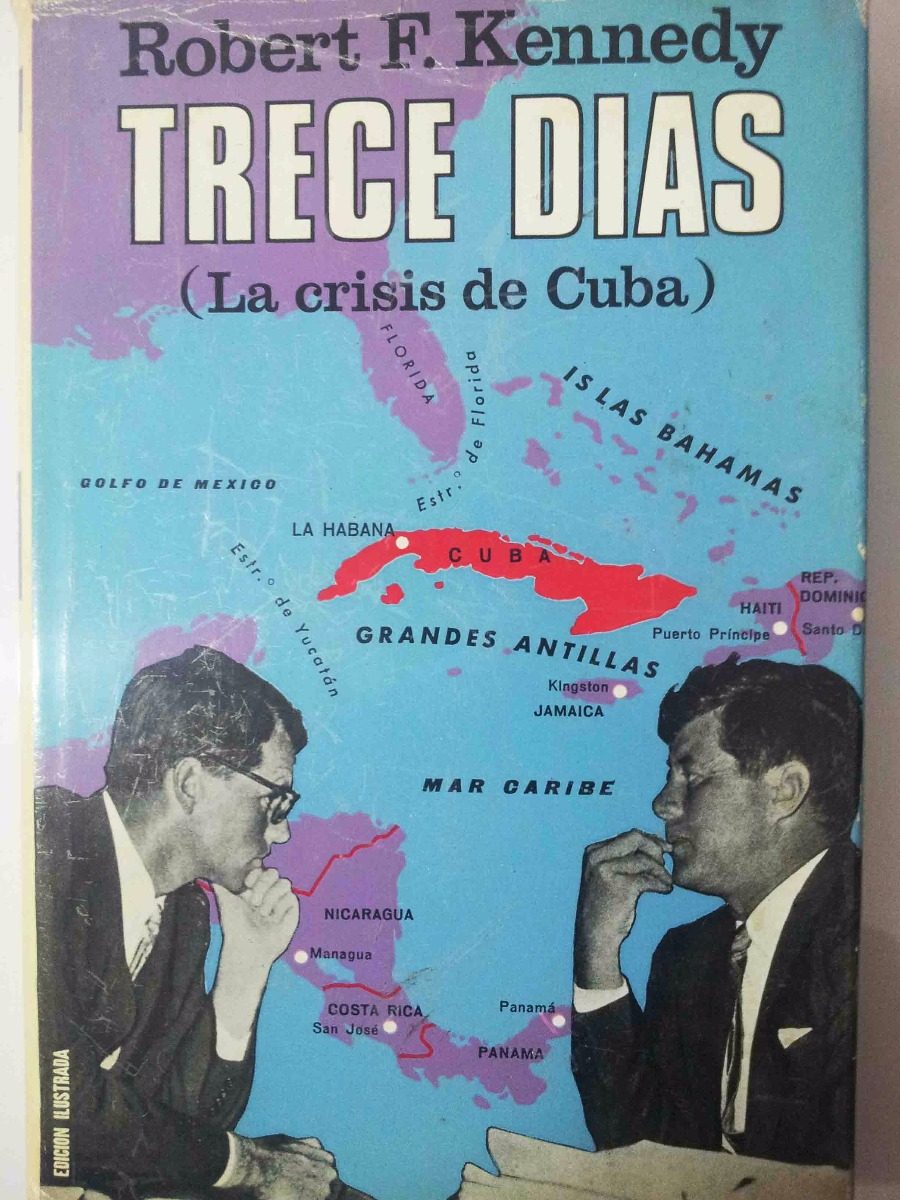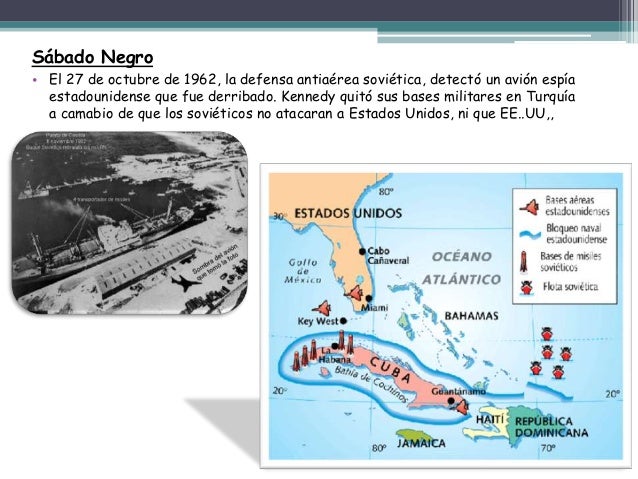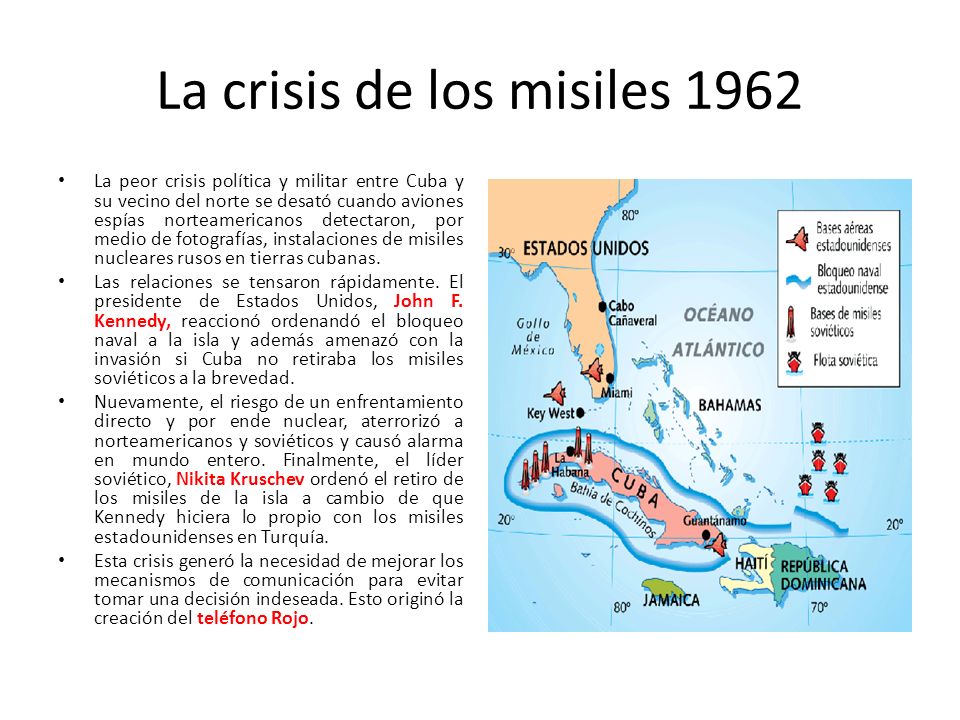|
|
General: ESPOSA DE PIÑERA, SANTIAGO DE CHILE, PARALELO 33, "INVASION ALIENIGENA"
Choose another message board |
|
Reply |
Message 1 of 224 on the subject |
|
|
|
|
|
Reply |
Message 210 of 224 on the subject |
|
|
|
|
Reply |
Message 211 of 224 on the subject |
|
|
|
|
Reply |
Message 212 of 224 on the subject |
|
|
|
|
Reply |
Message 213 of 224 on the subject |
|
Robert Zemeckis to direct Disney's long-developing live-action Pinocchio remake
Published on January 24, 2020 07:37PM EST
PHOTO: MICHAEL KOVAC/GETTY IMAGES; EVERETT COLLECTION
Robert Zemeckis wished upon the right star.
The Back to the Future filmmaker has closed a deal to direct Disney's live-action remake of Pinocchio, EW has confirmed. Zemeckis will also co-write a new draft of the screenplay with Chris Weitz (the writer of 2015's Cinderella), who is producing the film as well.
This comes on the heels of the news that Disney has a photorealistic Bambi remake in the works. Taken together, these developments suggest that the Mouse House is making a substantial effort to emotionally scar a new generation of kids: 1940's Pinocchio, after all, is known as one of the most demented Disney films in the canon. (Between the kids turning into donkeys, its hero getting locked in a cage, and a few of the studio's most grotesque villains, the movie has been giving kids a flood of nightmares for almost 80 years now.)
The Pinocchio remake has taken a relatively long and bumpy road to the screen. The project was first announced in 2015, and has seen both 1917's Sam Mendes and Paddington's Paul King join and then depart as director. Tom Hanks was reportedly in talks to play Pinocchio's "father" Geppetto in 2018; it's unclear if he is still attached to the film.
Zemeckis is currently directing a new adaptation of Roald Dahl's The Witches, starring Anne Hathaway and Octavia Spencer, for Warner Bros. That film will hit theaters Oct. 9. Pinocchio does not yet have a release date.
Related content:
|
|
|
|
Reply |
Message 214 of 224 on the subject |
|
|
|
| , MA History, BA History

Jesus Christ had twelve disciples, each of whom accompanied the Biblical savior during His time on earth. Many of them continued His Christian work after the ascension. The twelve men were Peter, James (Jesus’ brother), John, Andrew, Philip, Judas Iscariot (who betrayed Jesus, and was replaced by Matthias), Matthew, Thomas, James, the son of Alpheus, Bartholomew, Judas Thaddeus; and Simon the Zealot. Of them all, Saint James, also known as James, brother of Jesus, James, son of Alpheus, James the Lesser, James the Minor, and James the Just, was one of the most prominent and significant.
James, Son of Alphaeus, James the Greater, and James, the Brother of Jesus
 St James the Minor, Peter Paul Rubens, 1613. Source: Wikipedia St James the Minor, Peter Paul Rubens, 1613. Source: Wikipedia
Various Gospels are often ambiguous, at times, as to which James is being referenced. Two to three James’s are spoken of in the Gospels – James, brother of John (aka James the Greater); James, brother of Jesus, and James, son of Alphaeus. The Catholic doctrine of the perpetual virginity of Mary holds that James the son of Alpheus and James, brother of Jesus are the same person, as James could not be Jesus’ physical full brother. In Protestant readings, the two are separate. If the two are separate, then very little is known regarding James, son of Alpheus.
James, Brother of Jesus
 Statue of St. James the Less in the Archbasilica of St. John Lateran by Angelo de Rossi. Source: Wikipedia Statue of St. James the Less in the Archbasilica of St. John Lateran by Angelo de Rossi. Source: Wikipedia
James, the brother of Jesus, was a follower and Disciple of Jesus Christ during His earthly ministry and one of the first leaders of the early Christian Church. He remained in Jerusalem as leader of the church following the death, burial, resurrection, and ascension of Jesus, and was likely martyred at the temple in Jerusalem.
James’ Position in the Early Church
 St. James the Minor, by Georges de la Tour, 1615-20. Source: Wikipedia St. James the Minor, by Georges de la Tour, 1615-20. Source: Wikipedia
Get the latest articles delivered to your inbox
Sign up to our Free Weekly Newsletter
In Acts 15, a Council in Jerusalem was held regarding circumcision over which James presided. The Acts 15 Council is considered probably the first Christian council, where many Apostles congregated to discuss the matter brought by Paul and Barnabas. In Galatians 1, the Apostle Paul records a meeting with James in the process of Paul confirming his conversion to the other Apostles. James may have been the first elected leader within the early church. Through the writings of Eusebius in the 200s, we have the records of Clement of Alexandria from the second century that James was elected leader of the Jerusalem Church.
St James Was Martyred
 Saint James the Less (Menologion of Basil II). Source: The Byzantine Life Saint James the Less (Menologion of Basil II). Source: The Byzantine Life
The death of James the Just around 62 CE is recorded by Eusebius, Clement of Alexandria, and Josephus. Eusebius copied the chronicles of an earlier Christian, Hegesippus, who wrote that James was martyred by being thrown from the pinnacle of the temple in Jerusalem, and beaten with a club when the fall did not kill him.
Non-canonical Writings Attributed to Saint James
 The Protoevangelium of James, James Orr. Source: Rakuten Kobo The Protoevangelium of James, James Orr. Source: Rakuten Kobo
The Gospel of James, also known as The Protoevangelium of James, is a book of unknown source that was being circulated within the second century church. Both Origen and Clement of Alexandria reference the book in their writings, so it was at least written around that time. The Gospel of James contains the first mention of the idea of the perpetual virginity of Mary, the mother of Jesus. The book was condemned by Pope Innocent I in 405, and it has generally not been accepted throughout church history as canonical due to its late writing and inconstant content.
The First and Second Apocalypse of James and the Apocryphon of James are other 2nd century books whose author claimed to be James. Each of these books were from a collection of gnostic (secret knowledge) texts found in Egypt in 1945. In addition to an authorship too late to be James, they are also part of gnostic texts written in an attempt to legitimize the early movement within Christianity.
James, the Son of Alphaeus
 Two Martyr Saints in an Initial S (Alphaeus and Zacchaeus), 14th century. Source: Victoria and Albert Museum Two Martyr Saints in an Initial S (Alphaeus and Zacchaeus), 14th century. Source: Victoria and Albert Museum
James the son of Alphaeus, while mentioned in the listings of the apostles, has very few details known regarding his life. Outside of being listed among the apostles, and described in the Gospel of Mark as “the lesser” or “the smaller,” he is barely mentioned in the Bible. Several early Christian writings attempt to identify him with James the Just, but most try to maintain the perpetual virginity of Mary in a complex manner. It is speculated that he died as a martyr by crucifixion in Ostrakine, Egypt.
https://www.thecollector.com/who-was-saint-james-brother-of-jesus/ |
|
|
|
|
|
|
Reply |
Message 215 of 224 on the subject |
|
Estación de Madeleine
| Madeleine |

La estación de la línea 12
|
|
Estación de Madeleine (París)
|
| Ubicación |
| Coordenadas |
 48°52′11″N 2°19′28″E 48°52′11″N 2°19′28″E |
| Comuna |
VIII Distrito |
| Localidad |
París |
| Datos de la estación |
| Código |
10-03 o MAD |
| Inauguración |
5 de noviembre de 1910 |
| Pasajeros |
Sin datos disponibles |
| N.º de vías |
6 |
| Propietario |
RATP |
| Operador |
RATP |
| Líneas |
|
|
|
|
Madeleine es una estación de las líneas 8, 12 y 14 del metro de París situada en el 8.º distrito, cerca de la Iglesia de la Madeleine.
El nombre de la estación proviene de un pueblo que se estableció en el siglo vi al oeste de la capital en torno a una capilla de la diócesis de París que fue dedicada en el siglo xiii a Santa María Magdalena. Siglos después se incorporó a París al crecer la ciudad y se edificó el actual templo de estilo neoclásico.
Fue inaugurada el 5 de noviembre de 1910 con la apertura de la línea A, hoy línea 12, de la Compañía Nord-Sud. El 13 de julio de 1913, llegaría la línea 8, con la puesta en marcha de su tramo inicial entre en Beaugrenelle y Opéra. Mucho más recientemente, el 15 de octubre de 1998, se abrió la estación de la línea 14, una estación que marcó el final de línea hasta el año 2003, siendo posteriormente prolongada hasta Saint-Lazare.
Estación de la línea 8
[editar]
Se compone de dos andenes laterales 75 metros de longitud y de dos vías.
Está diseñada en bóveda elíptica revestida completamente de los clásicos azulejos blancos biselados del metro parisino.
La iluminación es de estilo Motte y se realiza con lámparas resguardadas en estructuras rectangulares de color naranja que sobrevuelan la totalidad de los andenes no muy lejos de las vías.
La señalización por su parte usa la moderna tipografía Parisine donde el nombre de la estación aparece en letras blancas sobre un panel metálico de color azul. Por último los asientos, que también son de estilo Motte, combinan una larga y estrecha hilera de cemento revestida de azulejos naranja que sirve de banco improvisado con algunos asientos individualizados de color amarillo que se sitúan sobre dicha estructura.
Estación de la línea 12
[editar]
Se compone de dos andenes laterales curvados de 75 metros de longitud y de dos vías.
En su diseño es idéntica a la estación de la línea 8 variando el color, ya que en este caso se ha optado por el rojo.
Estación de la línea 14
[editar]
A diferencias de las anteriores, la estación de la línea 14 si ofrece mayores elementos decorativos.
En sus accesos, dentro de una urna de cristal, se conserva una réplica de una obra del escultor rumano Constantin Brancusi llamada La prière (el rezo), que muestra a una figura humana desnuda rezando de rodillas. La obra fue donada a la RATP por la fundación franco-rumana para celebrar el 125 aniversario del nacimiento del autor. También en los accesos a la estación se encuentra una vidriera semicircular, a pie de suelo, que representa la gallina Ryaba junto a un texto escrito en ruso que fue donada por el metro de Moscú. Por último, dentro de la estación, en la bóveda de piedra se encuentra una instalación artística, realizada por Jacques Tissinier, titulada Tissignalisation n°14. Consiste en la colocación de mil discos de acero de 16 centímetros de diámetro que simulan hojas de papiro estilizadas coloreadas en blanco, azul, rojo y naranja.
En cuando a la estación en si, se compone de dos andenes laterales de 120 metros y de dos vías, siguiendo con el diseño moderno de todas las estaciones de la línea 14. Sin embargo, eso no ha evitado problemas de mal olor causado por la emanación de ácido sulfhídrico por culpa de una aislamiento defectuoso de las instalaciones.1
- Pierre Miquel (1993). Petite histoire des stations de métro. éditions Albin Michel. ISBN 2-226-06671-3.
|
|
|
|
Reply |
Message 216 of 224 on the subject |
|
|
|
|
Reply |
Message 217 of 224 on the subject |
|
|
|
|
Reply |
Message 218 of 224 on the subject |
|
June 22 DC Metro subway trains collide - 9 dead, 80 injured
Timeline:
June 18-24: Gov. Sanford missing/crying in Argentina
June 21: 'Impact' Part 1 on ABC; Prince William birthday
June 22: DC Metro Red Line trains in collision
June 23: US Moon probes (LRO/LCROSS) reach Moon
June 24: Gov. Sanford reveals Argentine affair
June 25: Death of Michael Jackson & Farahh Fawcett
'Metro' means 'meter' in Spanish, Italian, Portuguese, etc. The meter is historically defined as 1/10,000,000 of the distance between the North Pole and the equator through Paris, or in other words the Paris Meridian between the North Pole and the equator. The Paris Meridian is also the 'Rose Line' (an esoteric concept popularized by The Da Vinci Code) i.e. a 'Red Line'...

DC Metro Red Line = French/Columbian Rose Line
...traditionally implying the Blood Royal/Sangraal or the Marian/Columbian Bloodline of the Holy Grail.
In Bloodline of the Holy Grail Laurence Gardner writes of the House of Stuart, the royal bloodline to which Princess Diana and her children belong (pp. 344-5):
https://www.goroadachi.com/etemenanki/moonwalker.htm |
|
|
|
Reply |
Message 219 of 224 on the subject |
|
-
- On 19 September 2015 Pope Francis departed aboard an Alitalia Airbus A330 (Shepherd One) from Rome's Fiumicino International Airport, to Havana's José Martí International Airport where he arrived to an official Welcoming Ceremony. The next day, he was the principal celebrant at a Papal Mass at the Plaza de la Revolución in Havana at 9:00, before he paid a courtesy visit to the President of the Council of State and of the Council of Ministers of the Republic at Palacio de la Revolución in Havana. His day ended with celebrations of Vespers with priests, men and women religious, and seminarians, at the Cathedral of Havana, and a greeting to the young people of the "Centro Cultural Padre Félix Varela" in Havana during the early evening.[48]
- On 21 September, he departed by plane from Havana for Holguín, to preside at a Papal Mass at Plaza de la Revolución. Before departing for Santiago de Cuba, he gave a blessing to the city, from Loma de la Cruz, in Holguín. Having arrived in Santiago, he met with the Bishops of Cuba at St Basil the Great Seminary, and say a prayer to the Virgen de la Caridad, with the Bishops and the Papal Entourage, at the Minor Basilica of the Shrine "Virgen de la Caridad del Cobre" in Santiago.
- On 22 September, he celebrated a Papal Mass at the Minor Basilica of the Shrine "Virgen de la Caridad del Cobre" in Santiago in the morning and later had a meeting with families at Our Lady of the Assumption Cathedral in Santiago. After a blessing of the city of Santiago from the square in front of the Cathedral of Santiago, he left with a farewell ceremony from Santiago Airport, en route to Washington, D.C., where he arrived at Joint Base Andrews during the evening of 22 September 2015.
- On Wednesday, 23 September, the pope met with President Barack Obama at the White House. It was the third visit by a pope to the White House, following meetings between Jimmy Carter and Pope John Paul II in October 1979 and George W. Bush and Pope Benedict XVI in April 2008.[49]
- Also that day, Francis took part in a prayer with bishops from the United States at the Cathedral of St. Matthew the Apostle, the seat of Cardinal Donald Wuerl, the archbishop of Washington. Later that day, he celebrated Mass at the Basilica of the National Shrine of the Immaculate Conception, near the Catholic University of America. During the Mass, he canonized (declared to be a Saint) Junípero Serra, a Spanish Franciscan friar who founded a mission in Baja California, and the first nine of 21 Spanish missions in California.
- On Thursday, 24 September, Pope Francis gave an address to a Joint session of the United States Congress, the first Supreme Pontiff to do so. He followed that with a visit to St. Patrick's Church, the oldest parish church in Washington. The church was founded in 1794.[50] He also visited the Washington, D.C. local Catholic Charities office. He then flew from Washington, to New York City. After arriving at New York City's John F. Kennedy International Airport, he took part with New York's Cardinal Timothy Dolan in Evening Vespers (part of the Liturgy of the Hours), at St. Patrick's Cathedral.
- On Friday, 25 September, Pope Francis addressed the United Nations General Assembly. It was the fifth address by a Pope to the U.N. General Assembly, following appearances by Pope Paul VI in October 1965, Pope John Paul II in October 1979 and October 1995, and Pope Benedict XVI in April 2008. Following the address to the U.N., he participated in an ecumenical service at the National September 11 Memorial & Museum, at the former World Trade Center site. In the afternoon, he visited a school in East Harlem, then celebrated a Papal Mass at Madison Square Garden.
- On Saturday, 26 September, Pope Francis traveled from New York to Philadelphia, where he was welcomed by city and state leaders and Philadelphia's Archbishop Charles J. Chaput, O.F.M. Cap. He celebrated a Papal Mass at the Cathedral Basilica of Saints Peter and Paul. He visited Independence Mall in the afternoon, and the Festival of Families of the 2015 World Meeting of Families[51] in the early evening. The Pope's visit concluded on Sunday, 27 September, with a Papal Mass in the afternoon. After a departure ceremony, he departed on a jet for Rome and the Vatican from Philadelphia International Airport.
- In honor of the visit, the Museum of the Bible will sponsor a special exhibition entitled "Verbum Domini II" at the Philadelphia Convention Center, adjacent to the World Meeting.[52] The official schedule of his visit was announced at the end of June.[53]
|
|
|
|
Reply |
Message 220 of 224 on the subject |
|
|
|
|
Reply |
Message 221 of 224 on the subject |
|
|
|
|
Reply |
Message 222 of 224 on the subject |
|
|
|
|
Reply |
Message 223 of 224 on the subject |
|
|
|
|
Reply |
Message 224 of 224 on the subject |
|
Beast DNA, Antichrist Bloodline
Written by Goro, March 9, 2025
Extra-historical time/gene injections and... this obviously alludes to the whole Genesis 6 storyline of the sons of the gods impregnating the daughters of men, i.e. the murky saga of the Nephilim, Anunnaki, fallen angels, etc... not unrelated to the Holy Grail = San Graal/Sang Raal = "Royal Blood".
could all this be related to the Be...
https://www.supertorchritual.com/beast-dna-antichrist-bloodline/ |
|
|
 First First
 Previous
210 a 224 de 224
Next Previous
210 a 224 de 224
Next
 Last
Last

|
|
| |
|
|
©2025 - Gabitos - All rights reserved | |
|
|
:max_bytes(150000):strip_icc():format(webp)/pinocchio-2000-37602ab162084e5596d9d1716d2d377e.jpg)

